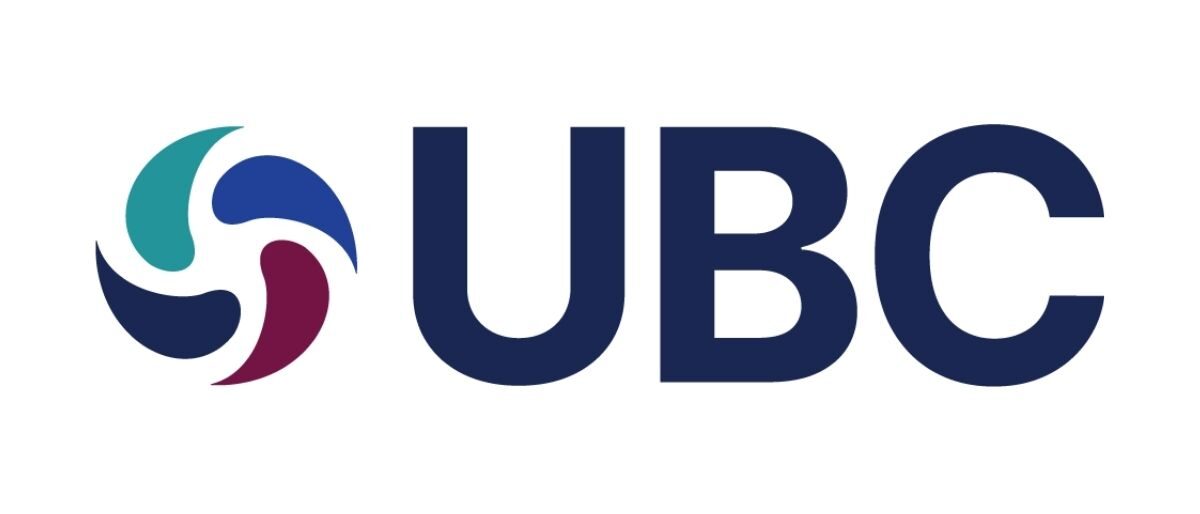Randomized clinical trials are considered the gold standard for evaluating efficacy and safety of medical treatments, but their results can be limited due to:
- Restrictive populations
- Structured, controlled visit schedules
- Incomplete data for patients who drop off
- A relatively short time period
Capturing data on the patient’s healthcare journey prior to and following participation in a clinical trial builds a more complete understanding of their healthcare journey and increases the overall evidence yield. Interest in the use of RWD/RWE to inform product development pre-trial, during clinical trials, and post-trial has proliferated in recent years. To gain deeper insights, sponsors can link patients enrolled in clinical trials to sources of RWD, such as claims data, or electronic medical records (EMRs).
Data Standardization
Standardization of these diverse data sources is critical to ensure that the real-world evidence (RWE) that is generated is accurate as well as acceptable to regulators. The United States has been working hard to establish guidelines around utilizing RWE in regulatory submissions and standardization. This has included the 2016 21st Century Cures Act and guidance in 2017, 2018, and 2023.
There has also been the ongoing initiative of OMOP (Observational Medical Outcomes Partnership) that has transformed into OHSDSI (Observational Health Data Sciences and Informatics). The FDA also has shown a willingness to directly use federated EMR data to generate RWE of medical product safety with the Sentinel System.
While the European Union has lagged slightly, starting in 2022 they established the DARWIN (Data Analysis and Real World Interrogation Network) initiative, their own federated network of real-world data (RWD) partners. Ultimately, this focus from regulators on establishing RWD and RWE uses and standardization practices, as well as utilizing it in their own initiatives, points sponsors toward the value of including real-world evidence generation in their product plan.
Real-World Application
To link patient data from a variety of disparate RWD sources, tokenization is required. This process, a standard procedure for UBC for several years, facilitates robust real-world evidence generation without privacy or duplication concerns.
UBC is currently using nationally representative RWD to enhance patient data from a randomized, two-arm, open-label clinical trial. This is extending the clinical trial data to paint a picture of patient health pre- and post-trial utilizing claims data, EMR data, hospital data, and lab data, reflecting the complexity and diversity of real-world clinical practice.
Utilizing this methodology can be beneficial for sponsors in expediting regulatory approval and helping to fulfill unmet medical needs. UBC’s evidence development solutions take a holistic approach to study design that expands recruitment, enhances the patient trial experience, and provides real-world evidence to accelerate research. To learn more about how UBC can help you enrich your clinical studies or develop an integrated, real-world evidence strategy, get in touch with us here.
About the Authors

Irene Cosmatos, MSc, is a Senior Director of Epidemiology & Real-World Evidence at UBC. She and her team support UBC’s work that involves the use of diverse, observational healthcare databases, registries, or patient medical charts to answer sponsors’ research questions. She brings more than 25 years of experience in analyses of large, retrospective patient databases across all therapeutic areas, US and non-US, in support of epidemiologic and health outcomes research.

Jeff Lowry is the Senior Director of Technology Solutions Services at UBC leading UBC’s enterprise data services and technology solution services team. With a focus on patient identity management and study independent data model designs, Jeff and his teams have produced flexible, innovative models that integrate clinical, safety, and commercial data to support complete patient lifecycle solutions.





